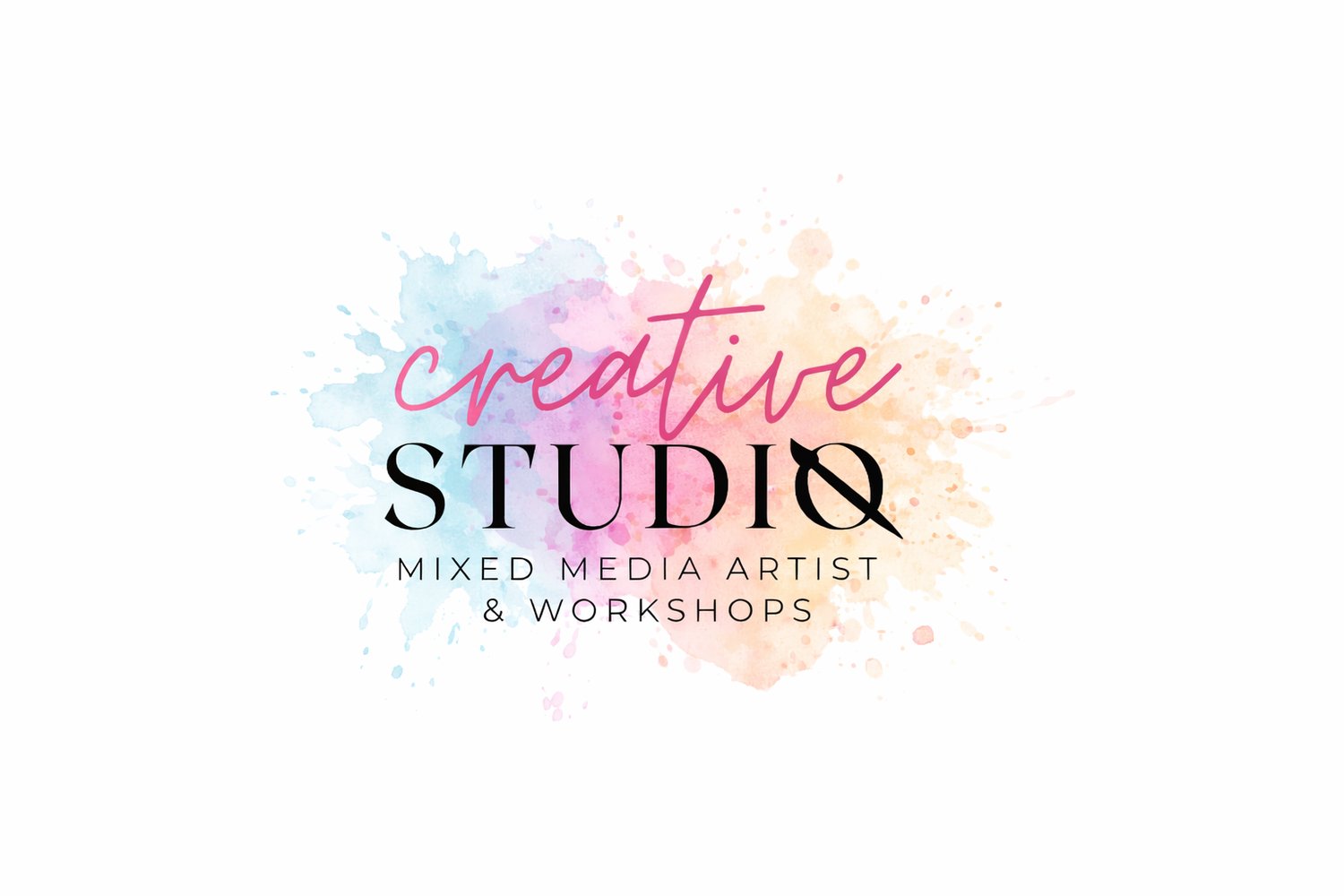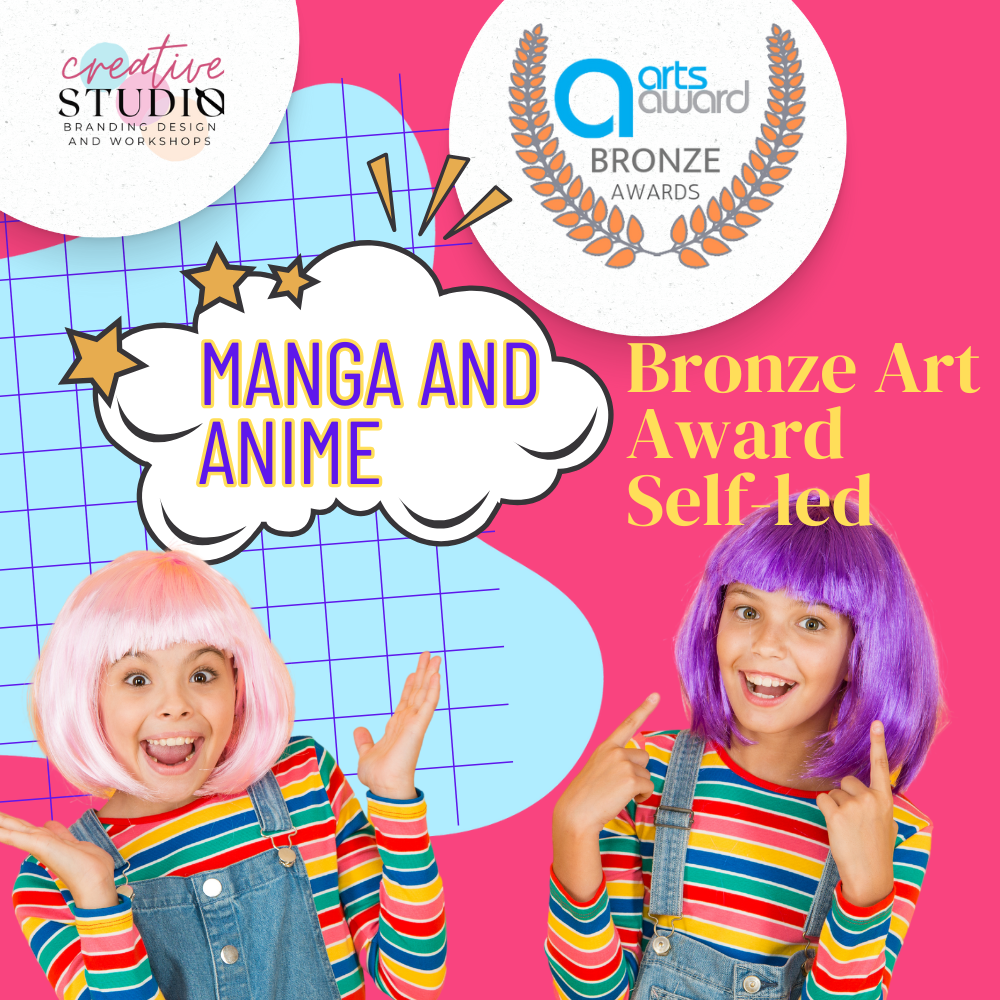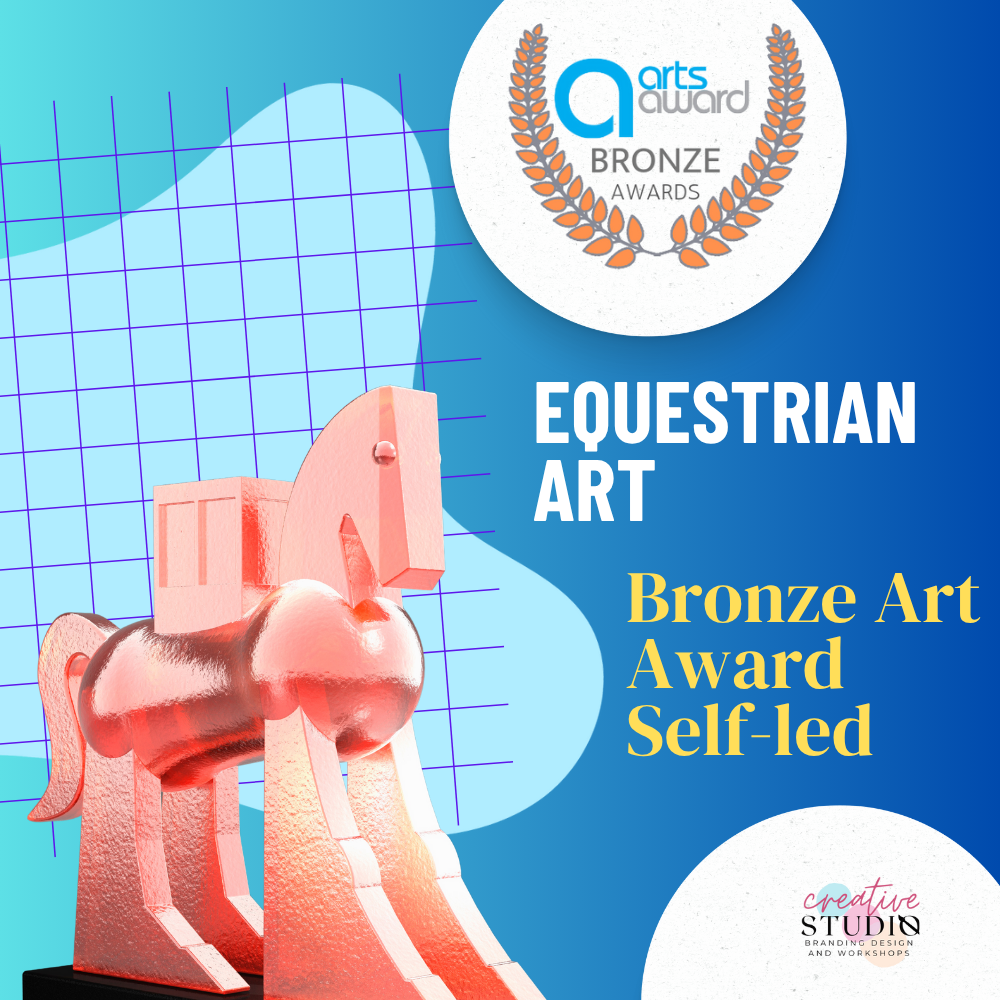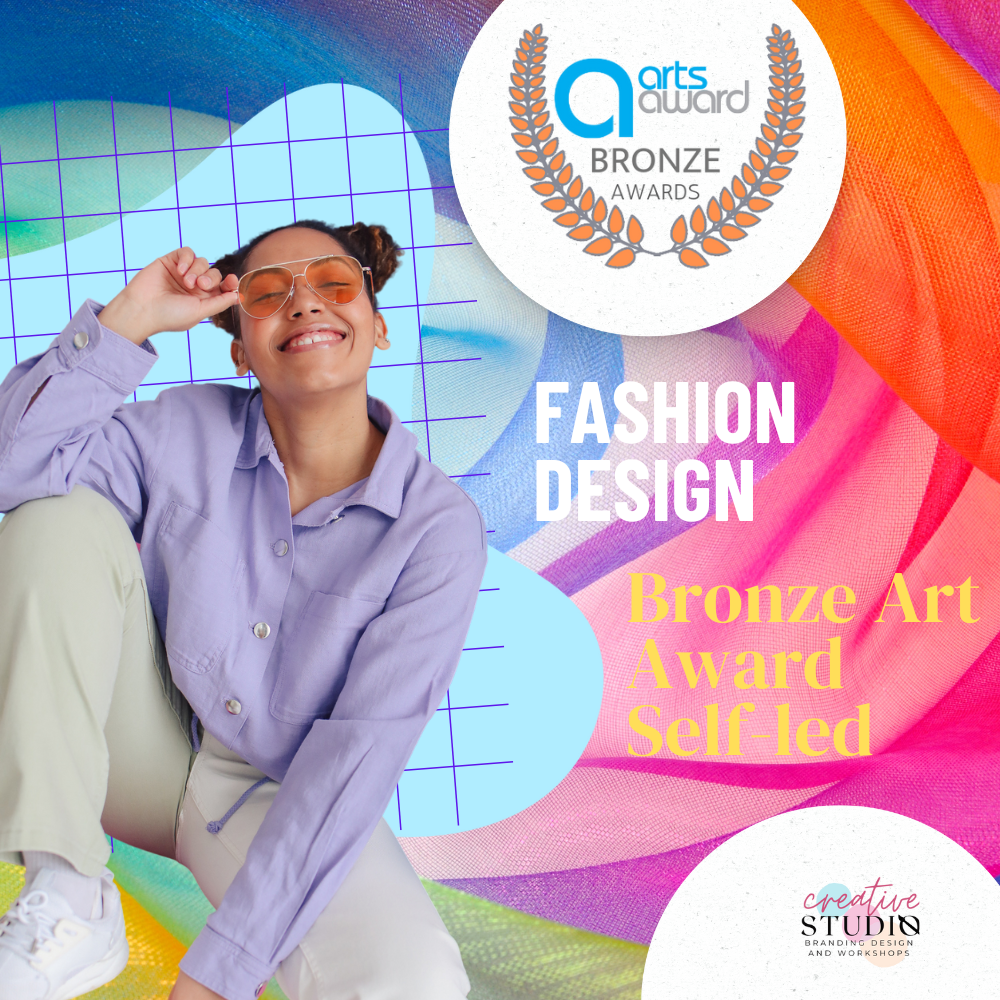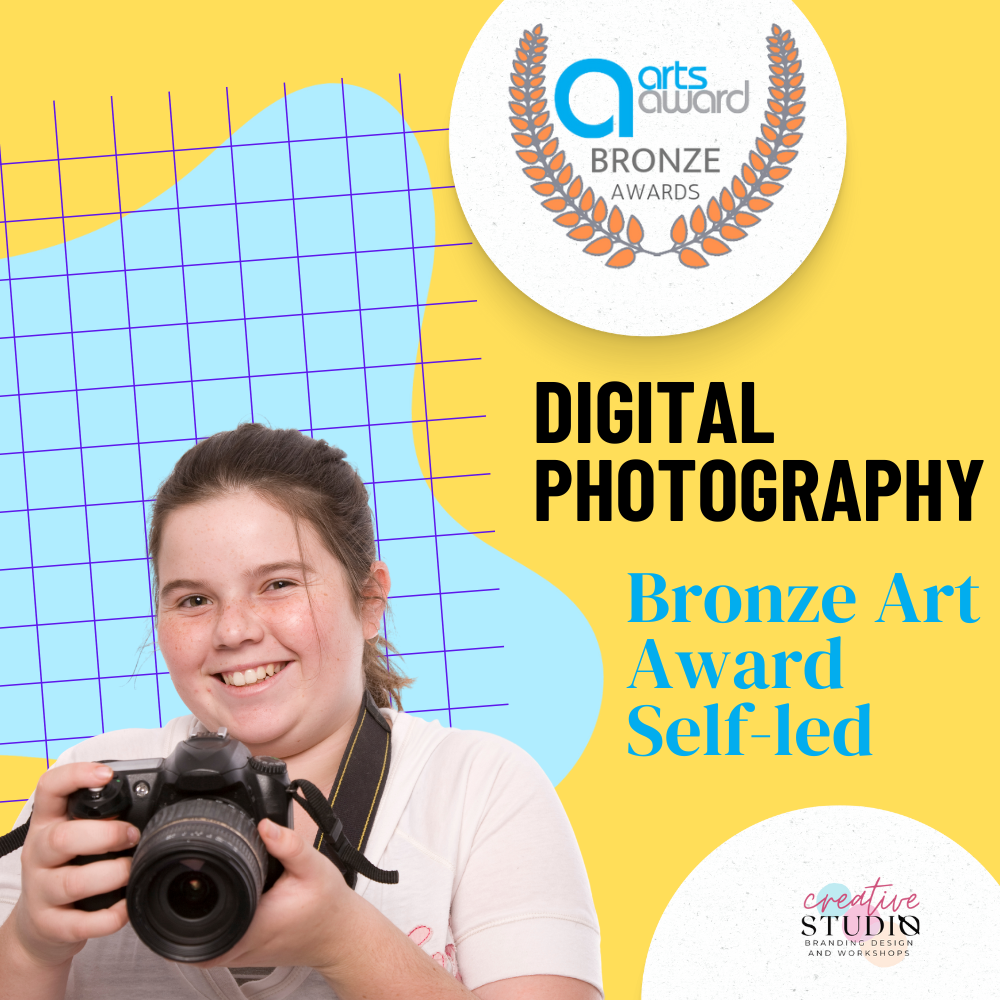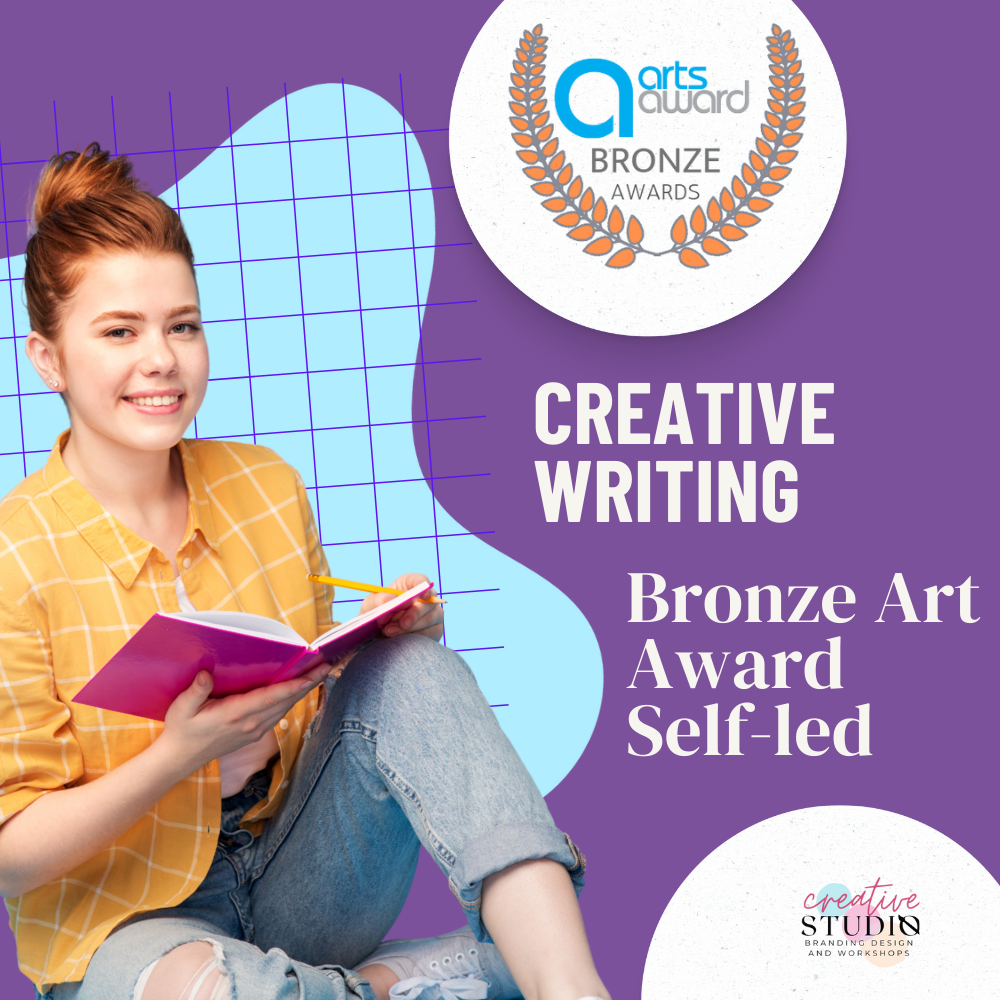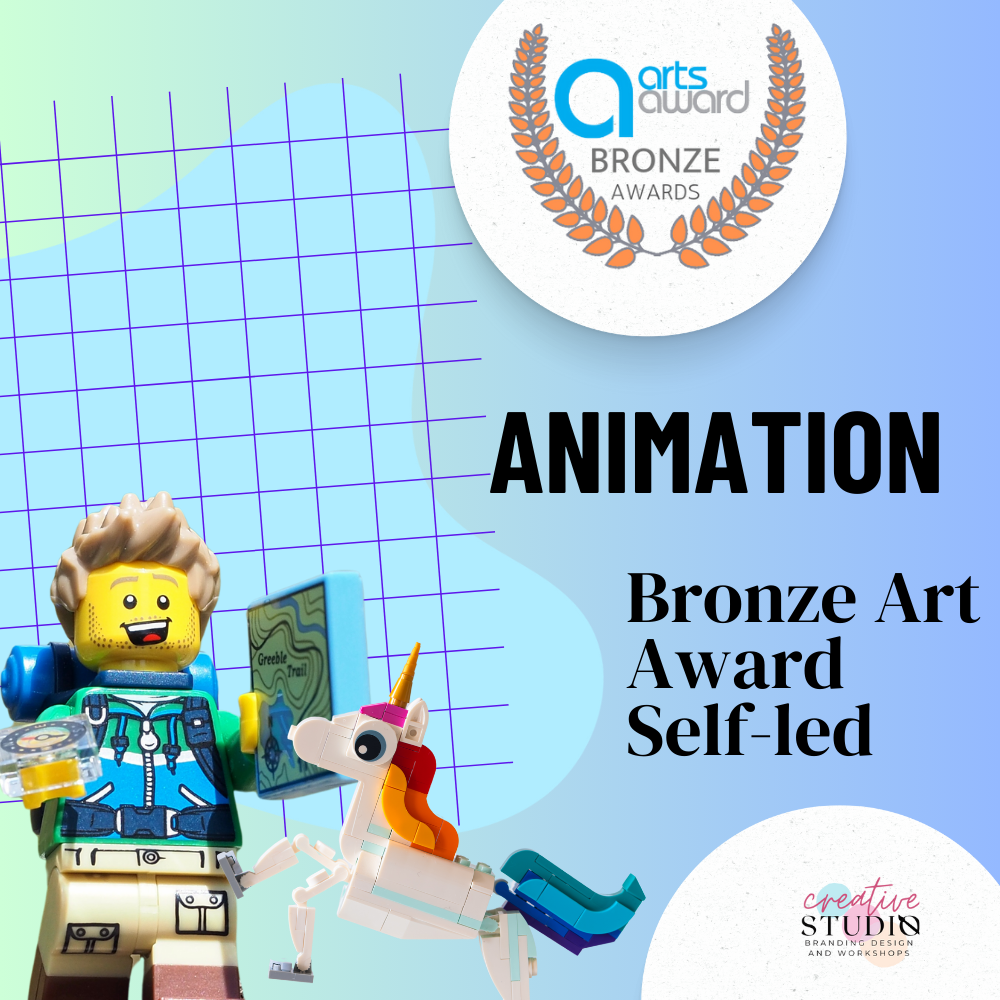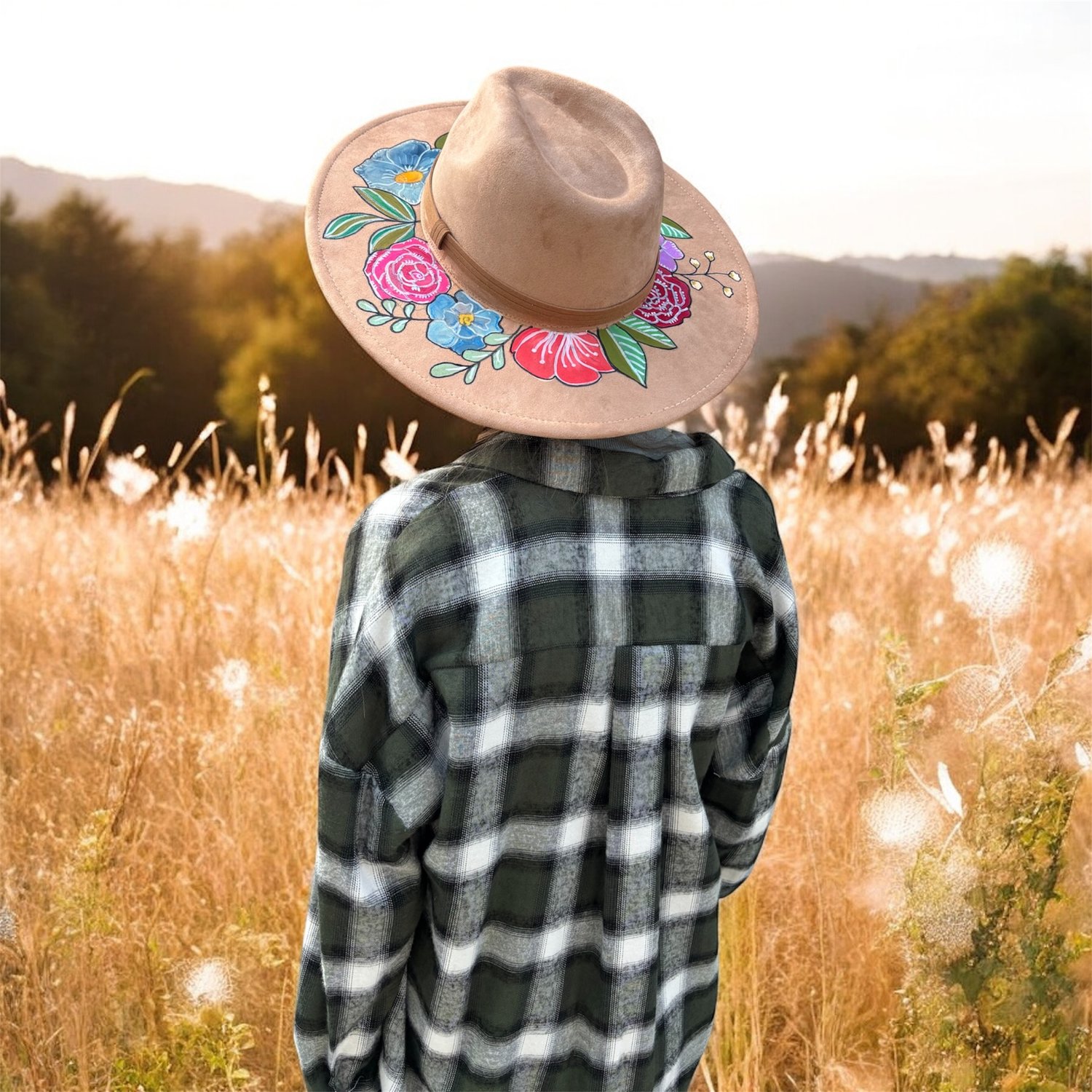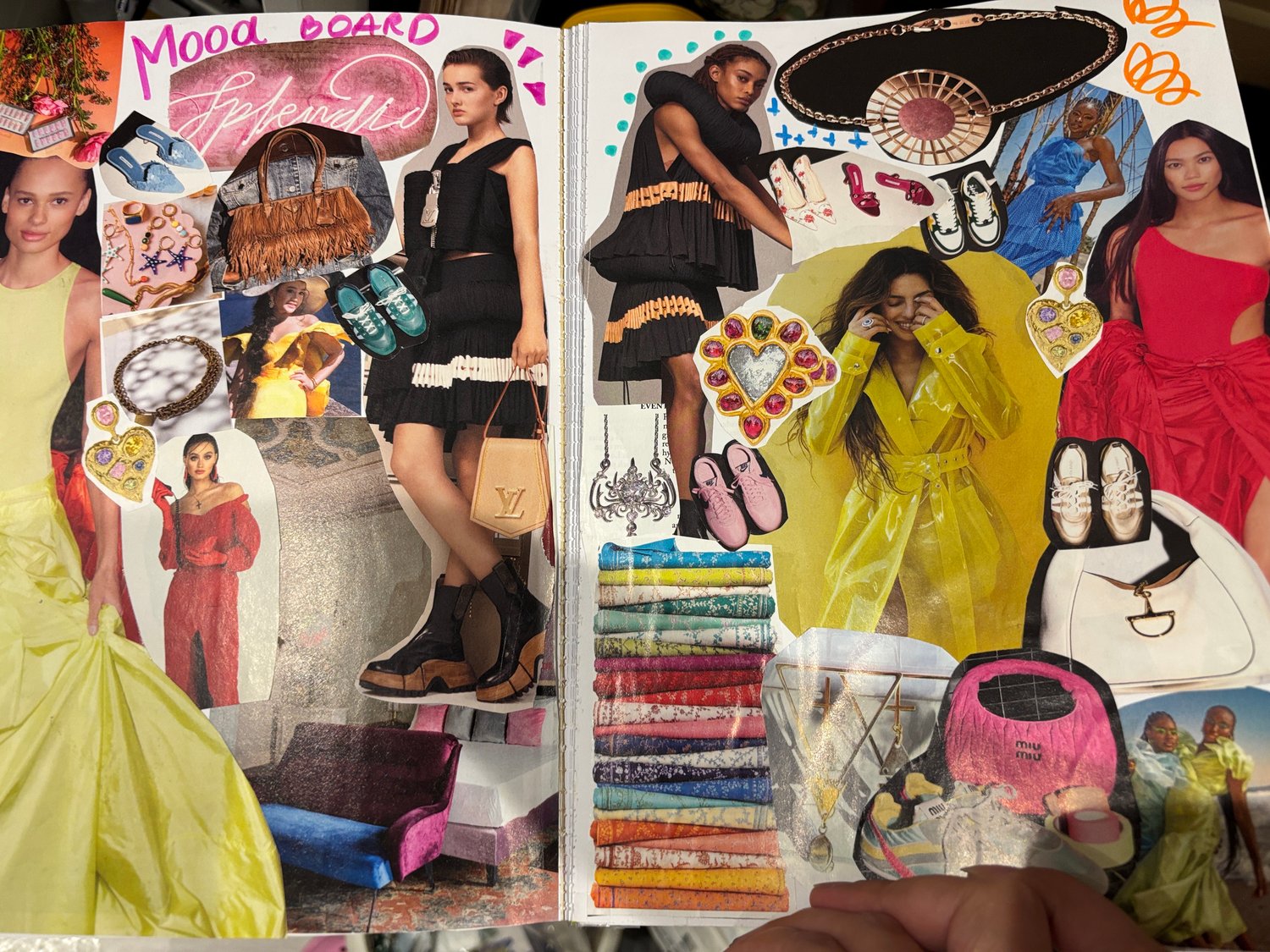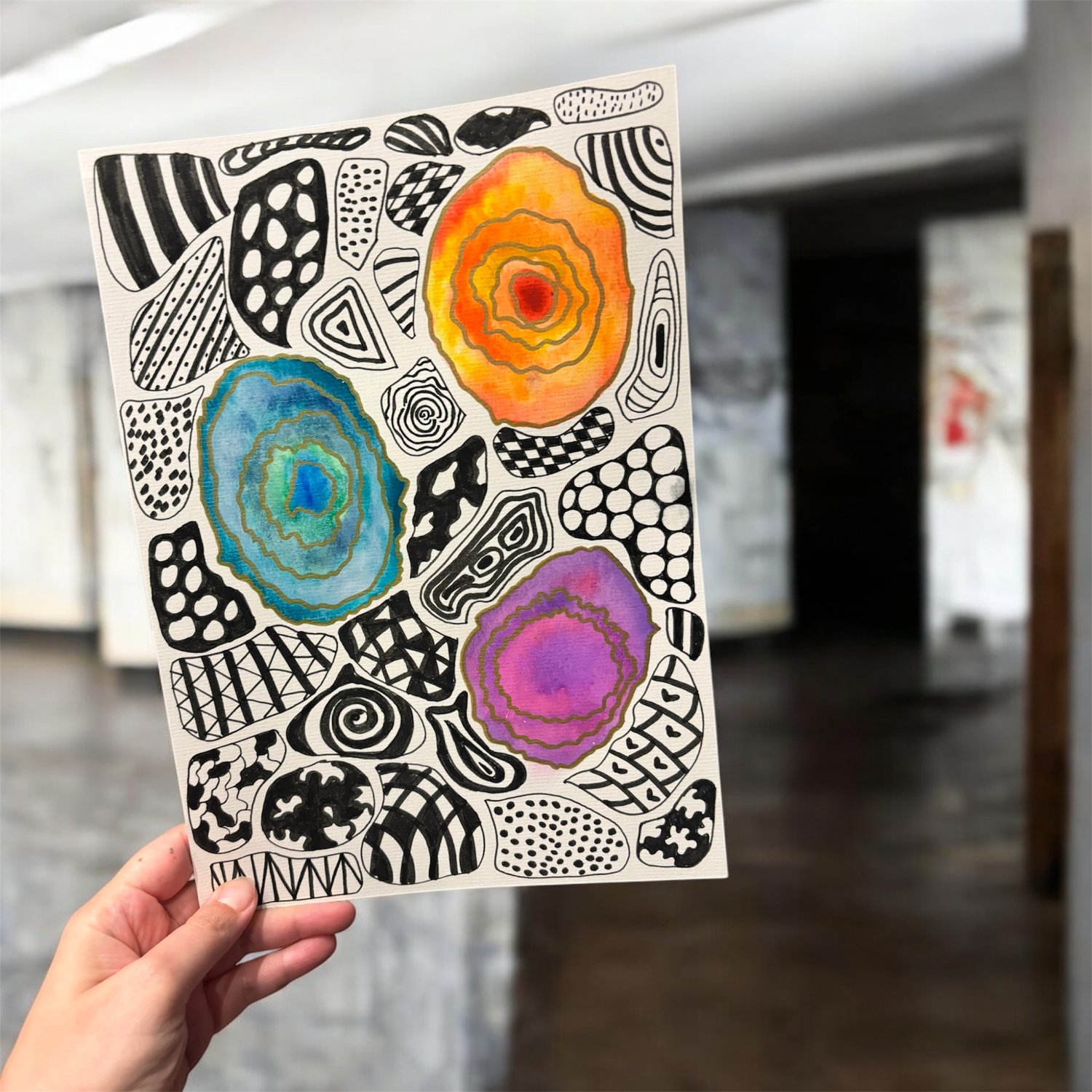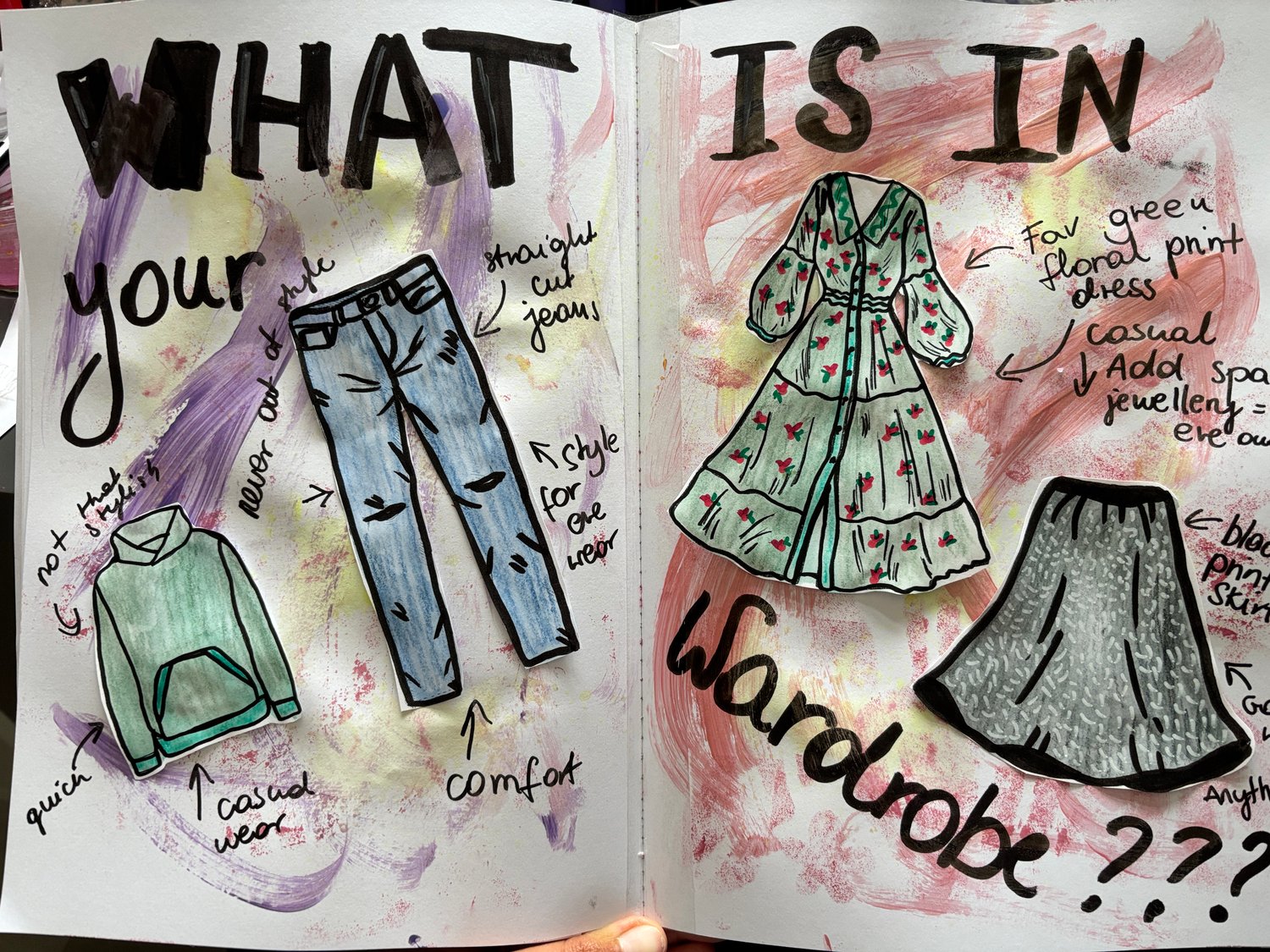FAQs
-
No. This is not a taught art class. I do not deliver step-by-step skill lessons. Your child chooses a skill they want to improve and learns it independently through tutorials, books, online resources and practice. My role is to guide them through the Art Award framework and assess their progress against the criteria.
-
Bronze focuses on developing a skill, researching artists and sharing learning. Silver goes deeper. It requires more independence, more detailed reflection, and a stronger leadership element. Silver students are expected to plan more thoroughly, show clear progression and take greater responsibility for their own development. Both levels assess growth, not talent.
-
Almost anything creative. Fine art, digital art, music, photography, fashion, creative writing, animation, sculpture, film, craft — the list is wide. The key requirement is that it is an art form and that your child is actively developing a skill within it.
-
They will receive clear guidance on what each part of the qualification requires, examples of acceptable evidence, check-ins for accountability, but no deadlines. What they will not receive is skill tuition. This qualification is about independent learning and demonstrating development.
-
Students collect evidence of their journey — practice pieces, research, plans, reflections, photos, videos and written notes. I assess this against the official Art Award criteria to ensure it meets Bronze or Silver standards. It is about showing growth, commitment and reflection, not producing “perfect” artwork.
-
Yes, particularly so. Art Award rewards independence, flexibility and depth of interest. It allows young people to take ownership of their learning while working towards a recognised qualification. It fits naturally alongside the way many home educating families already approach education.
Blog Posts
Subscribe to our newsletter
Get notified of new products and promotions directly to your inbox.
What people are saying
My son had never worked independently towards a qualification before, and I was unsure how he would manage without direct teaching. What surprised me most was how much ownership he took. He chose his skill, found his own tutorials and pushed himself to improve because it was his decision. The structure kept him focused, but the responsibility was his. It has done more for his confidence than any class we’ve tried before.
— Laura, Mum to Henry
We have tried plenty of art groups over the years, but this felt different. It wasn’t about copying a project or producing something that looked ‘right’. It was about genuine development. My daughter learnt how to research properly, reflect on her work and keep going when something didn’t work the first time. It felt like real growth, not just a weekly activity.
— James, dad to Jessica
As a home educating parent, I value flexibility and independence. This programme respected both. The expectations were clear, the assessment process was thorough, and yet my child was completely in control of what they were learning. Seeing the finished portfolio and knowing it was entirely their own effort was incredibly rewarding
